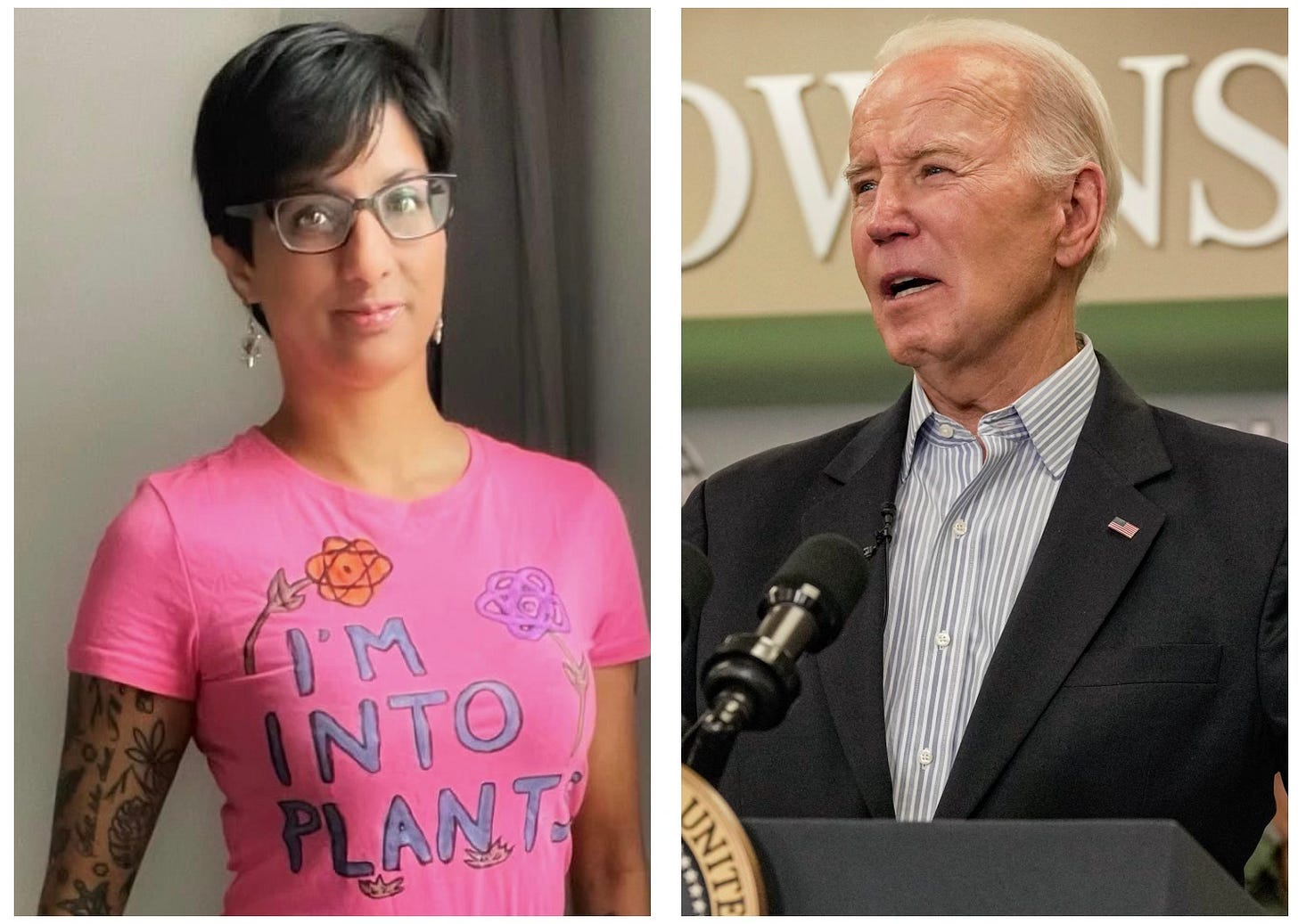Biden’s Halt Of New Natural Gas Exports Will Hurt Poor People, Says Ex-Extinction Rebellion Leader
"There is a fundamental moral human rights issue at stake," says climate activist Zion Lights

For the last several years, the mainstream media and climate activists have argued that we must halt or restrict the export of liquefied natural gas (LNG) from the United States to other nations because it actually causes more global warming than coal.
Drawing on research by a Cornell University scientist, Robert W. Howarth, the climate activist and author Bill McKibben claimed last October that LNG is 274% worse for the climate than coal. “The fact that this analysis comes from Howarth is key,” wrote McKibben in the New Yorker, “because he’s been proved right over and over again.”
Immediately following McKibben’s article came a wave of activities, including articles in the New York Times, the New Republic, and other publications. Activists spread the message on TikTok and Instagram. They delivered petitions to the Biden administration and met with senior White House climate officials to urge Biden to reject LNG exports. Jane Fonda recorded a video for Greenpeace. Senate Democrats wrote a letter to President Joe Biden, arguing against LNG exports and branding LNG as “greenwashing.”
The pressure campaign worked. President Biden paused approvals of more LNG exports last month.
The Chief Scientist at the Environmental Defense Fund said Howarth’s study “clearly was a factor in the Biden administration’s decision to pause making the required determinations required for approval of new LNG export projects and launching a U.S. Department of Energy study of the climate impact of LNG exports.”
But Howarth’s estimate of LNG’s global warming impact was higher than it should have been, and he corrected it.
It’s normal for energy analysts and scientists to make mistakes, but Howarth never acknowledged the error. Instead, he quietly made the change. The New York Times, the New Yorker, or New Republic have not yet corrected their articles. Public contacted each of the authors but did not hear back from any of them.




